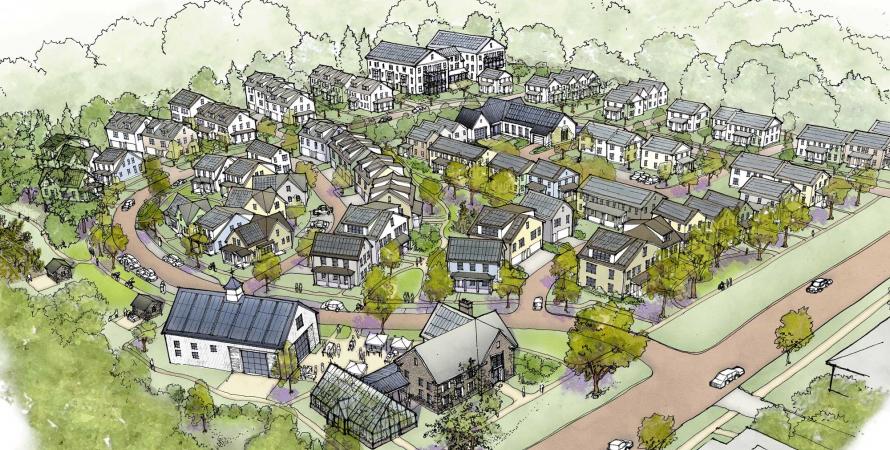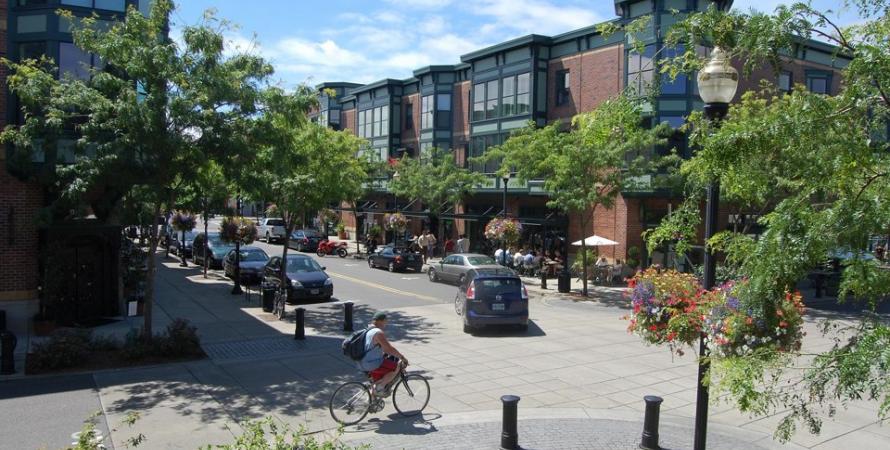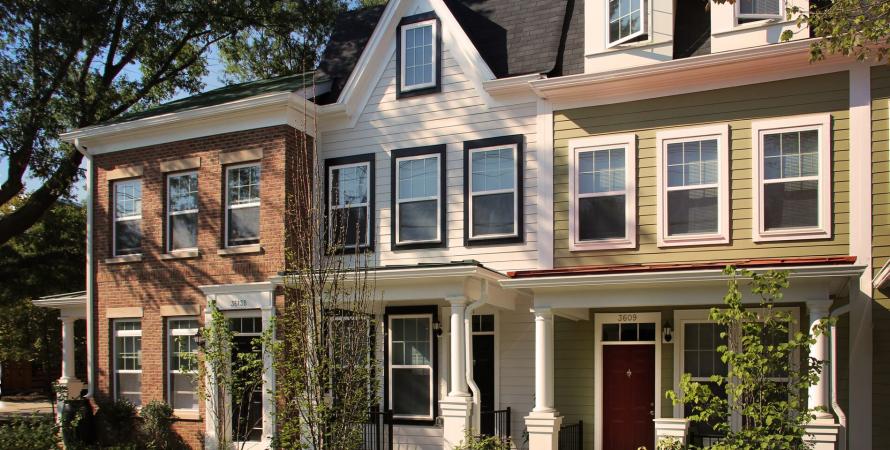Similar Projects
Veridian at County Farm
Ann Arbor, Michigan
On a former county poor farm in the City of Ann Arbor, Michigan, about two miles from downtown, a new sustainable neighborhood with affordable housing is under construction.
Orenco Station
Orenco Station, Oregon
Completed in 2003, the Orenco Station neighborhood of Hillsboro, Oregon, a suburb of Portland, remains a shining example of neighborhood transformation from suburban sprawl into a pedestrian-friendly, high-density, mixed-use, transit-oriented comm
Pollin Memorial
Washington, District Of Columbia
On the East bank of the Anacostia River, just a few miles from the United States Capitol, Pollin Memorial brings a historically sensitive approach to new affordable development in Washington, DC.




